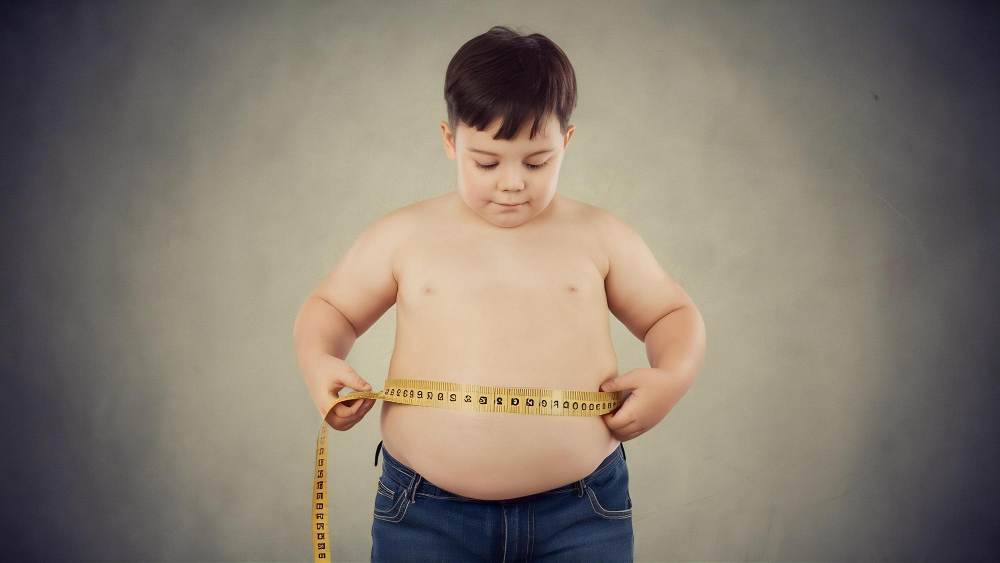Introduction
Childhood obesity is a growing concern in many countries, including the United States. It means a child has too much body fat for their age and height. Because childhood obesity can lead to health problems, it is important to understand its causes, symptoms, and ways to prevent it. In this blog, you will learn about obesity in children, how it is diagnosed, and what families can do to help kids reach a healthy weight.
Causes of Childhood Obesity
Many factors can lead to childhood obesity. Often, it is not just one cause. Instead, several things work together. For example, eating more calories than the body needs can cause weight gain. But other reasons also play a role.
Because these causes often mix, it is important to look at the whole picture when helping a child.
Common Symptoms
Not all children with extra weight have health problems. However, childhood obesity can lead to signs and symptoms that may affect a child’s well-being. For instance, some symptoms are easy to see, while others are not.
Because some symptoms are emotional, it is important to talk openly with your child.
Diagnosis Methods
Doctors use several ways to check for childhood obesity. First, they measure a child’s height and weight. Then, they use a tool called Body Mass Index (BMI) to see if the weight is healthy for the child’s age and height. According to the CDC, a child is considered obese if their BMI is at or above the 95th percentile for their age and sex.
Because early diagnosis helps, regular check-ups are important for all children.
Treatment Options
Treating childhood obesity often means making changes at home. Most children do not need strict diets. Instead, small steps can make a big difference. For example, families can work together to build healthy habits.
In some cases, doctors may suggest seeing a dietitian or counselor. Rarely, medicine or surgery is needed, and only under medical advice.
Lifestyle and Nutrition Guidance
Healthy habits can help children reach and keep a healthy weight. Because kids learn from adults, parents and caregivers play a big role. Here are some simple tips for families:
When families work together, children are more likely to succeed.
Prevention Tips
Preventing childhood obesity is easier than treating it. Because small changes add up, start early and keep healthy habits simple. Here are some prevention tips:
Even small steps can help children avoid obesity and stay healthy.
Conclusion
Childhood obesity is a serious health issue, but families can take action. Because early steps matter, focus on healthy eating, regular activity, and emotional support. If you are worried about your child’s weight, consult a pediatrician for personalized advice on managing or preventing childhood obesity.

